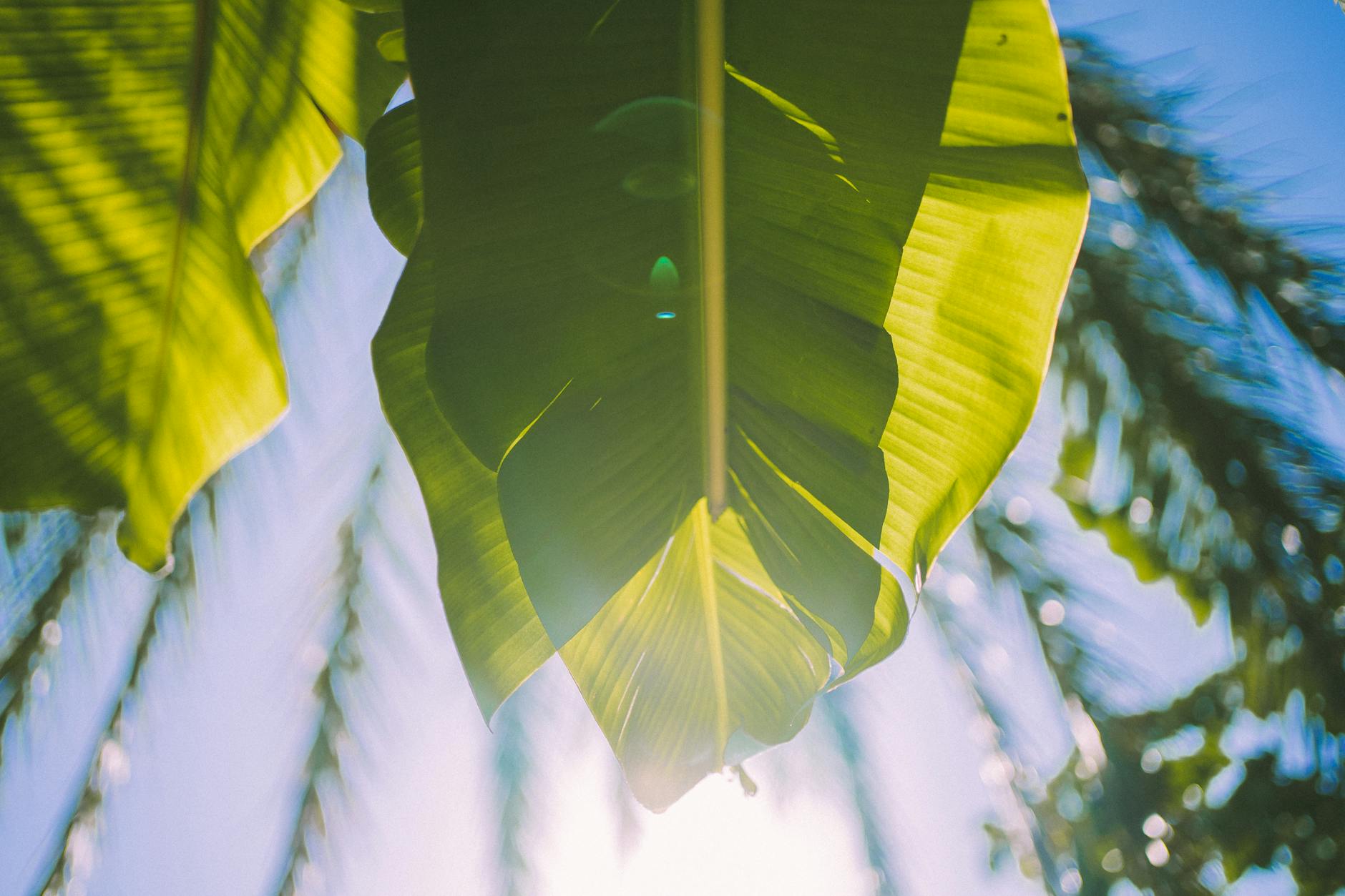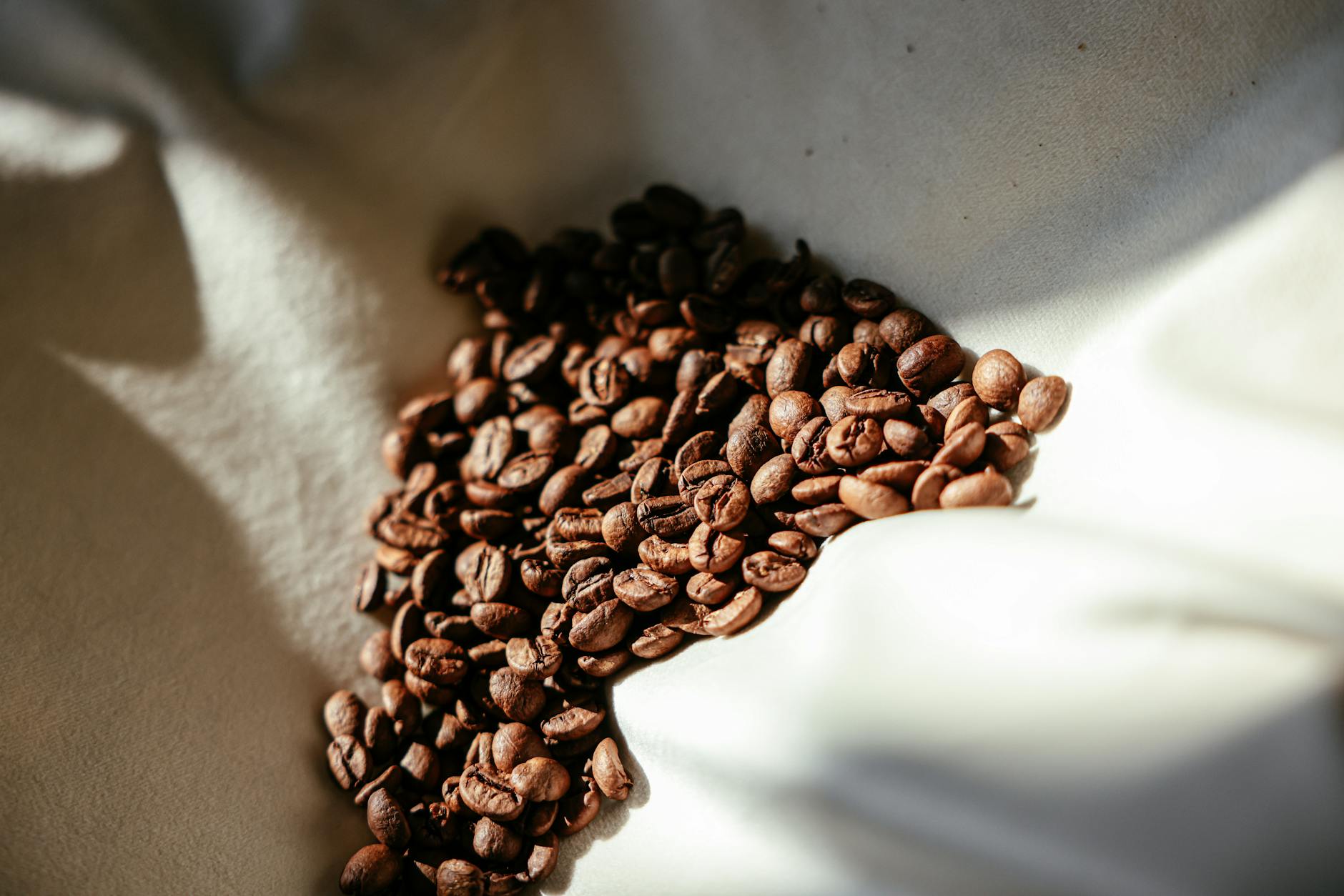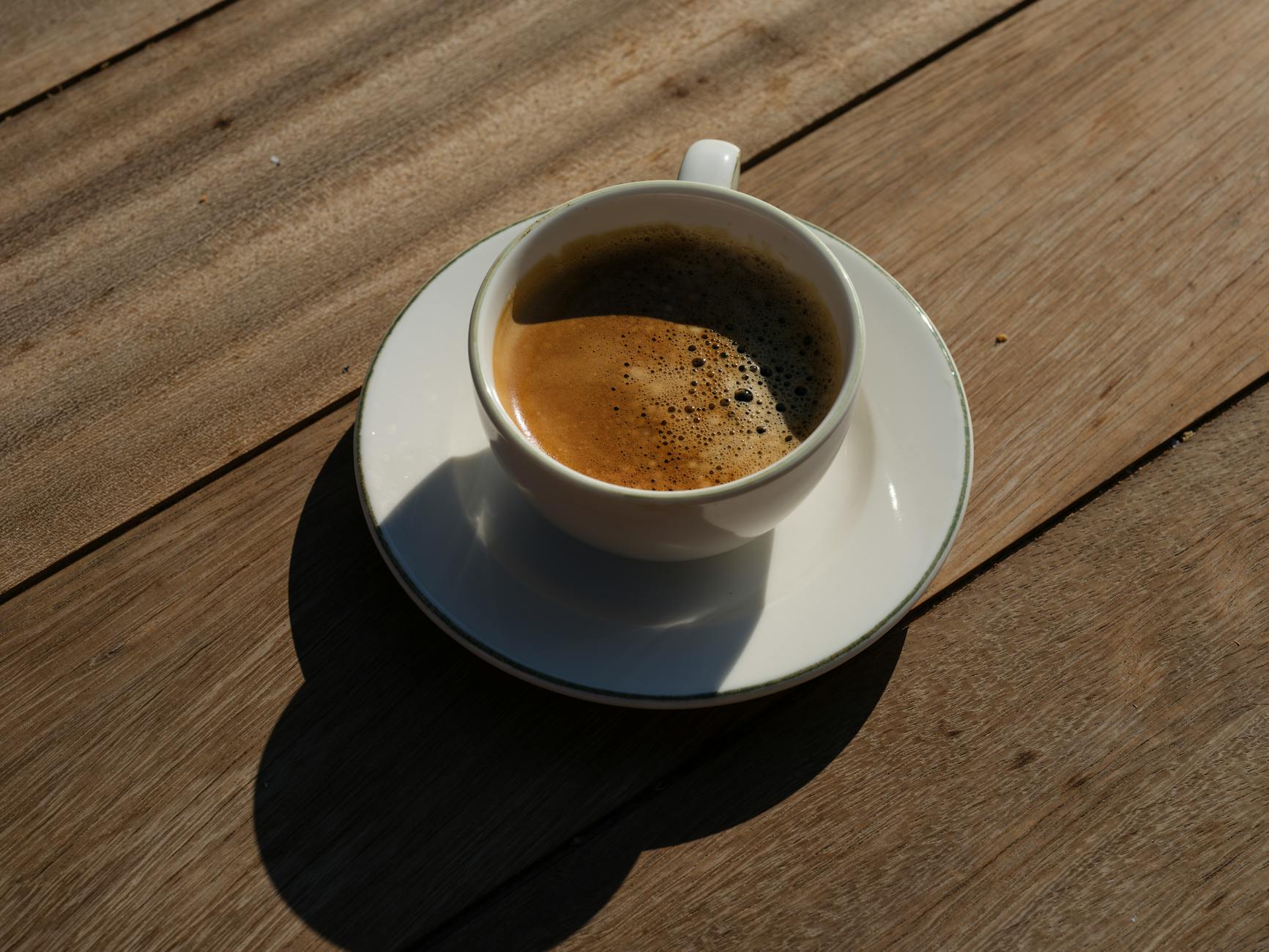Gentlemen, let’s talk coffee. Not just any coffee, mind you – the future of coffee. Because even a refined palate like mine can appreciate a good, sustainable return on investment, and frankly, the state of the global bean market is…well, let’s just say it needs some serious attention. And it’s far more complex than just that new novelty coffee mug I picked up.
The Bitter Truth: Sustainability in the Coffee Industry
Forget the crypto bros for a moment – let’s dive into the real volatile market: coffee. The global coffee industry is facing a perfect storm of challenges. We’re talking climate change, deforestation, unstable prices, and questionable labor practices. And, dare I say, it might even be more chaotic than the time I accidentally used decaf. One must maintain standards, you see.
A recent report by the World Bank highlights the vulnerabilities of coffee farmers to climate change. This isn’t just some eco-warrior mumbo jumbo; it’s about real economic consequences. Extreme weather events, shifting rainfall patterns, and rising temperatures all directly impact coffee yields, threatening livelihoods and supply chains.
Then there’s the ethical dilemma. Fair trade practices, while well-intentioned, often fall short. Ensuring farmers receive fair compensation for their labor is critical. And that’s not just about a feel-good story; it’s about creating stable, long-term supply chains. Imagine a world where even my ridiculously specific coffee rituals don’t have to worry about the provenance of the beans.
Beyond the Bean: The Environmental Impact
The environmental footprint of coffee production is substantial. Massive amounts of water are used in cultivation, and deforestation to create space for coffee plantations is a major contributor to habitat loss and biodiversity reduction. It’s a grim picture, wouldn’t you agree? But there is always a way to make these issues less grim, my friends.
Sustainable farming practices, such as shade-grown coffee and agroforestry, are becoming increasingly important. These methods help to mitigate environmental damage, preserving biodiversity and reducing the carbon footprint of coffee production. The NRDC has extensive research on this if you’re so inclined. Personally, I find the details rather fascinating.
We must, however, acknowledge that there is no single perfect solution. It’s about continuous improvement and adaptation. Think of it like long-term stock investing; you don’t get rich quick, and you don’t fix environmental degradation overnight. It’s a slow, thoughtful strategy.
Investing in a Better Cup: What You Can Do
Now, for the practical side. How can we – as discerning coffee drinkers and investors – make a positive impact? First and foremost, support sustainable and ethically sourced coffee. Look for certifications like Fairtrade or Rainforest Alliance, though always be aware, these aren’t foolproof guarantees.
Consider buying directly from small-scale farmers or roasters who prioritize sustainability. This is where you’ll often find the highest quality beans, grown with a care and attention that most large corporations lack. It’s also a good opportunity to discover really interesting blends that make even my sophisticated tastes take notice. And if those smaller farms are going to survive, they need your support.
Finally, don’t forget about reducing waste. Properly dispose of your coffee grounds, compost them, or use them for other purposes. After all, nothing should go to waste in the pursuit of a truly exceptional cup. Speaking of exceptional cups, remind me to tell you about the time I got my hands on some rare Ethiopian Yirgacheffe…oh, the exquisite notes of citrus and bergamot!
Investing in the future of coffee isn’t just about safeguarding the supply of your daily brew; it’s about supporting sustainable practices and preserving biodiversity. Remember, even old timers like myself need to adapt to changing market conditions. This goes for all things, from my trusty percolator to the volatile world of coffee futures. And just because I’m a bit obsessed with my coffee routine, doesn’t mean I don’t know a thing or two about building a better future. Let’s raise a mug to that!


